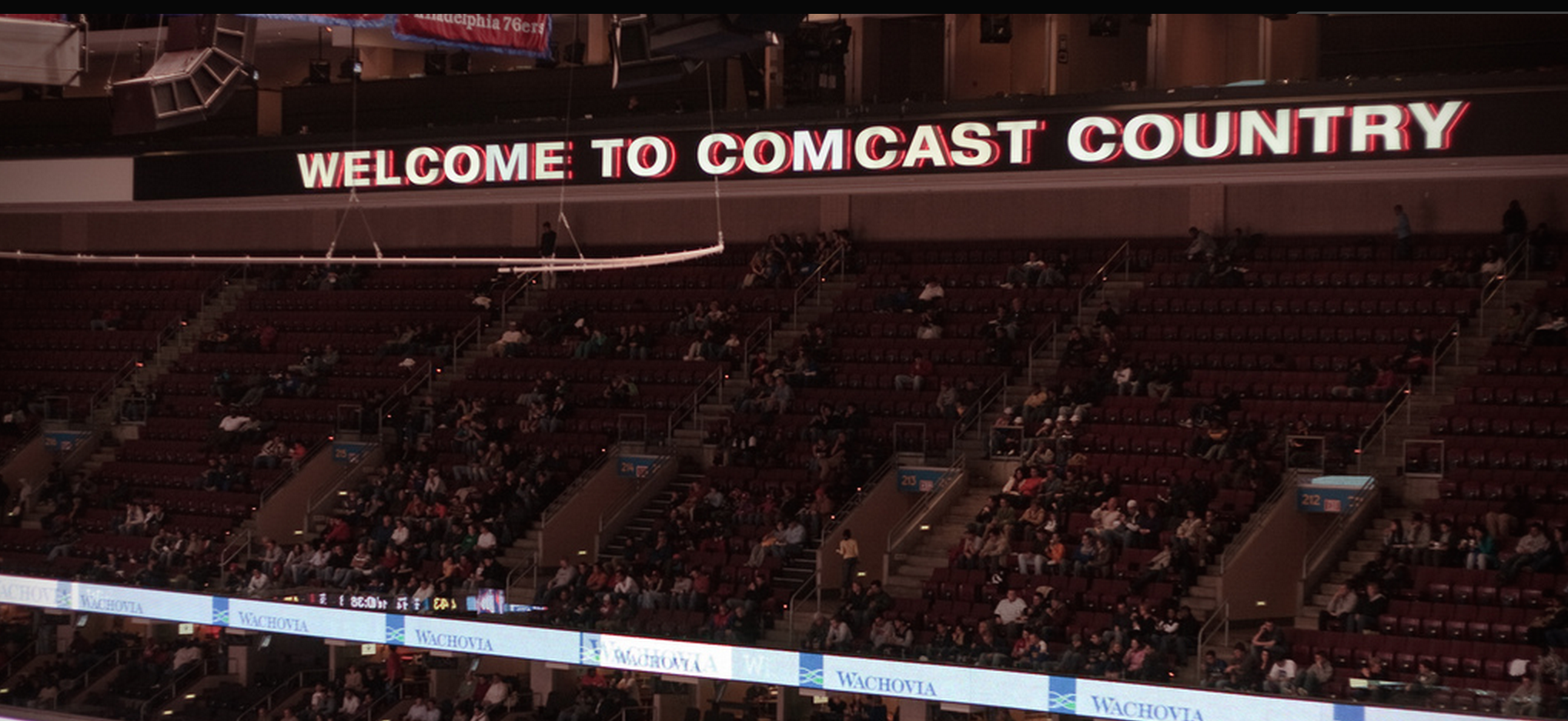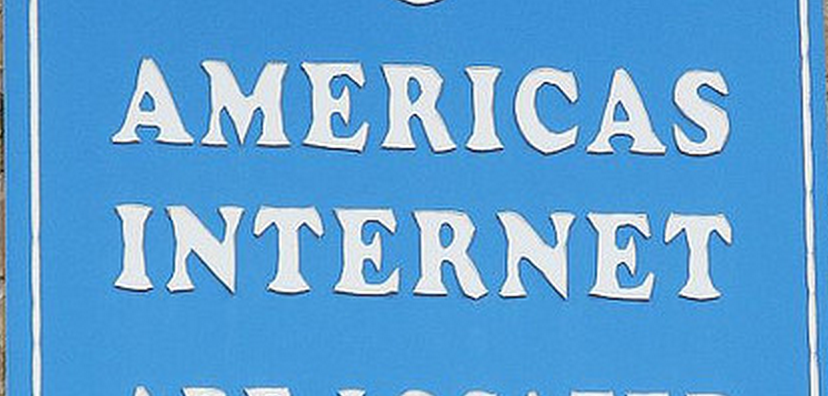Chattanooga, TN, has a gigabit fiber network that is basically the nation’s poster child for successful public broadband investment. Former FCC chair Tom Wheeler literally held it up as the example of how super-speedy, reliable broadband could transform a community, and should be expanded. So residents are understandably perplexed that Comcast is purporting to have “introduced” gigabit service to the area recently. [More]
municipal broadband
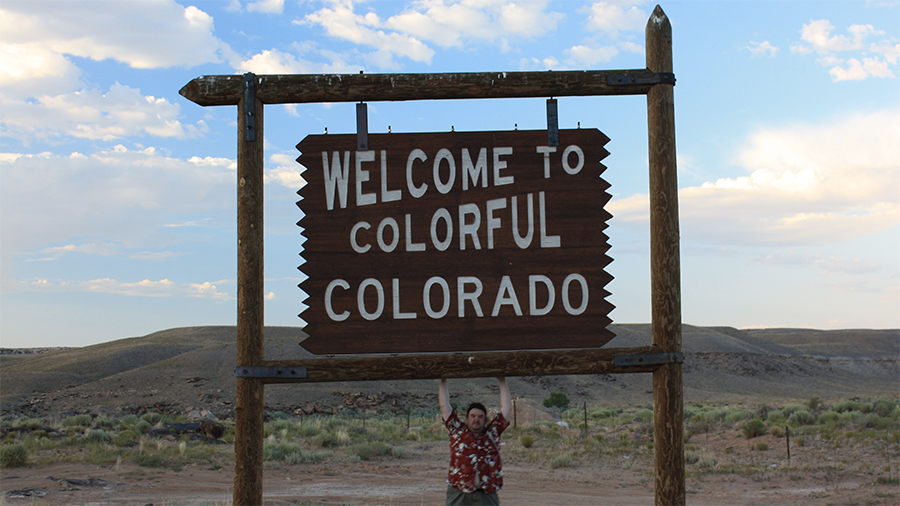
Another Set Of Colorado Counties Vote To Toss Restrictive Law, Permit Municipal Broadband
Part of the reason broadband competition is so dang hard to come by for millions of us? Protectionist, industry-backed laws that make it either obscenely difficult or outright illegal to start a public network. Colorado is one of the states with such a law on the books, but voters in the Centennial State are once again saying they’d rather municipal networks had a chance. [More]
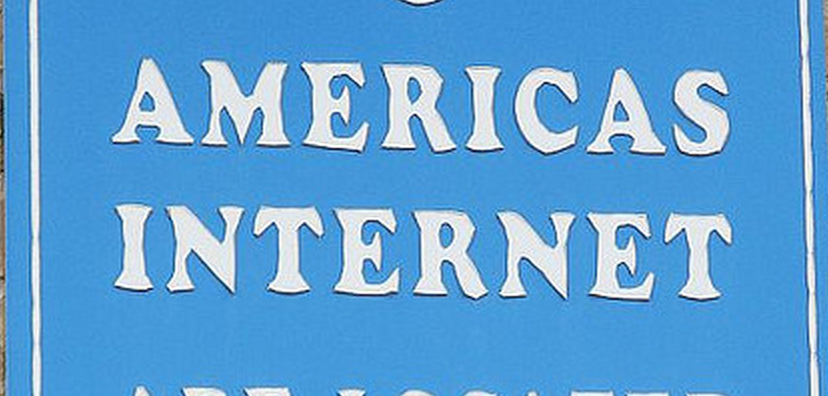
Appeals Court: Municipal Internet Is Great, But States Can Still Restrict Access
More than a dozen states have laws that either prohibit counties and cities from operating their own broadband internet networks, selling service directly to consumers, or expanding their service behind a prescribed footprint. In 2015, the FCC voted to preempt two of these laws — in Tennessee and North Carolina — but this morning a federal appeals court says the FCC lacks the legal authority to do so. [More]

Missouri Lawmakers Sneak Municipal Broadband Restrictions Into Traffic Ticket Bill
The legislative process, in theory, brings us laws that have been robustly debated, discussed, compromised on, and perfected. But in reality, legislatures have this thing where lawmakers can often add completely unrelated amendments or riders to bills to accomplish, well, basically any pet goal they want. That’s what’s happened in Missouri this week, and now municipal broadband in the state is under fire from a law about… traffic tickets. [More]

More Colorado Communities Vote To Toss Restrictive State Law, Explore Municipal Broadband
Colorado is one of the 20 states with some kind of industry-friendly, public-network-blocking law on the books. But in this state, there’s a catch: instead of being blocked altogether, state law prevents communities from running service unless local voters specifically authorize it first. [More]

Appeals Court Questions Tennessee & North Carolina Lawsuit To Restrict Community Broadband
More than a year after the FCC voted to preempt state laws in Tennessee and North Carolina that heavily restrict city- and county-owned utilities from providing broadband to consumers, the states and the federal regulator finally had their day in court. [More]

Google Fiber Finally Coming To At Least Some People In San Francisco
While Google is based in the San Francisco Bay area, the closest the Internet biggie has come to bringing Google Fiber to the region is listing San Jose as a “potential” Fiber market for the future. But today, Google announced that at least some people in San Francisco will be able to get its high-speed data service. [More]
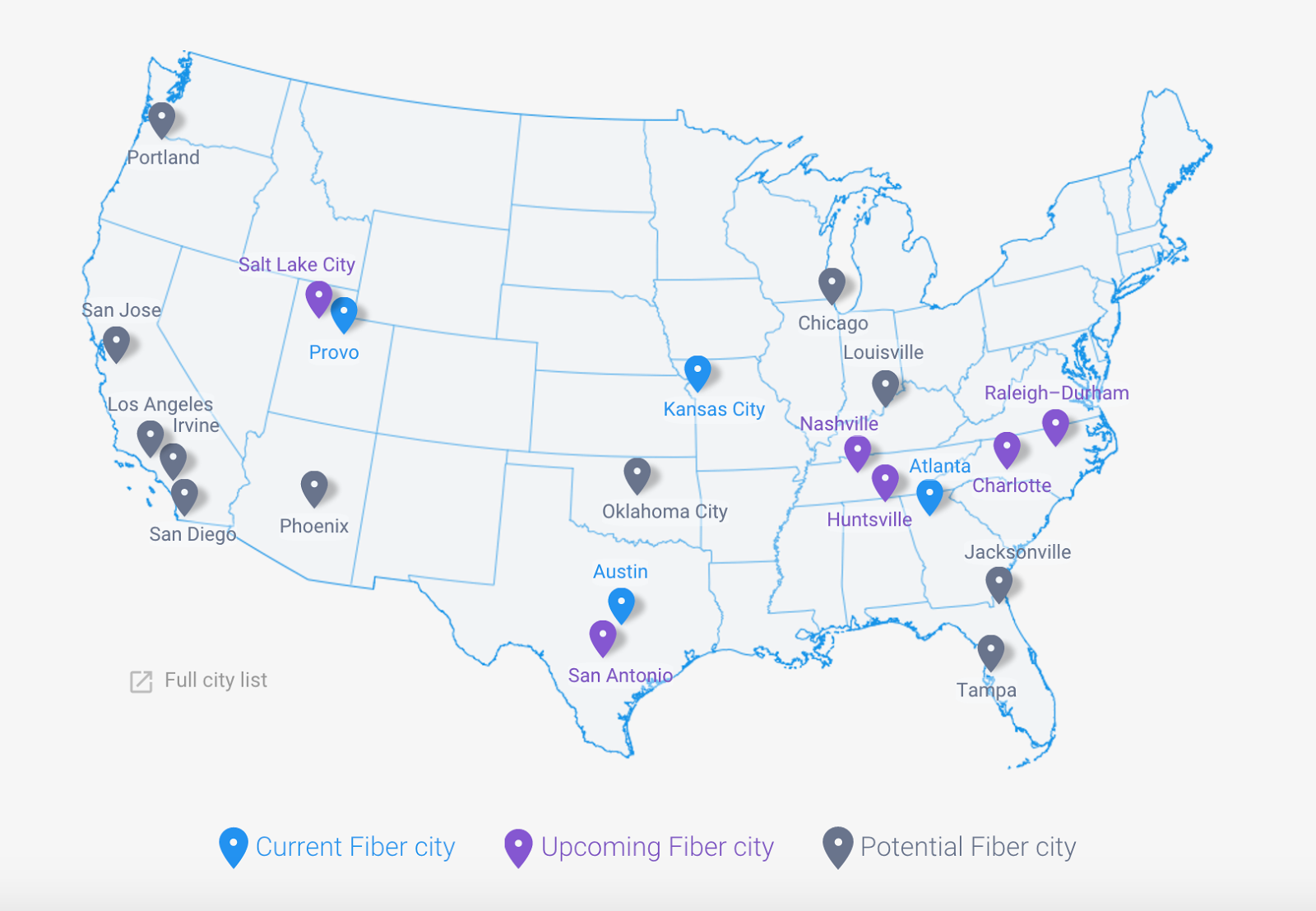
Google Fiber Coming To Huntsville In Public-Private Partnership
In most of the cities where Google Fiber exists (or is in the process of being built out), the company is starting from nothing — digging trenches, running new fiberoptic cable — but Google announced today that when it launches Fiber service in Huntsville, AL, it will be doing so over Rocket City’s municipal fiber network. [More]
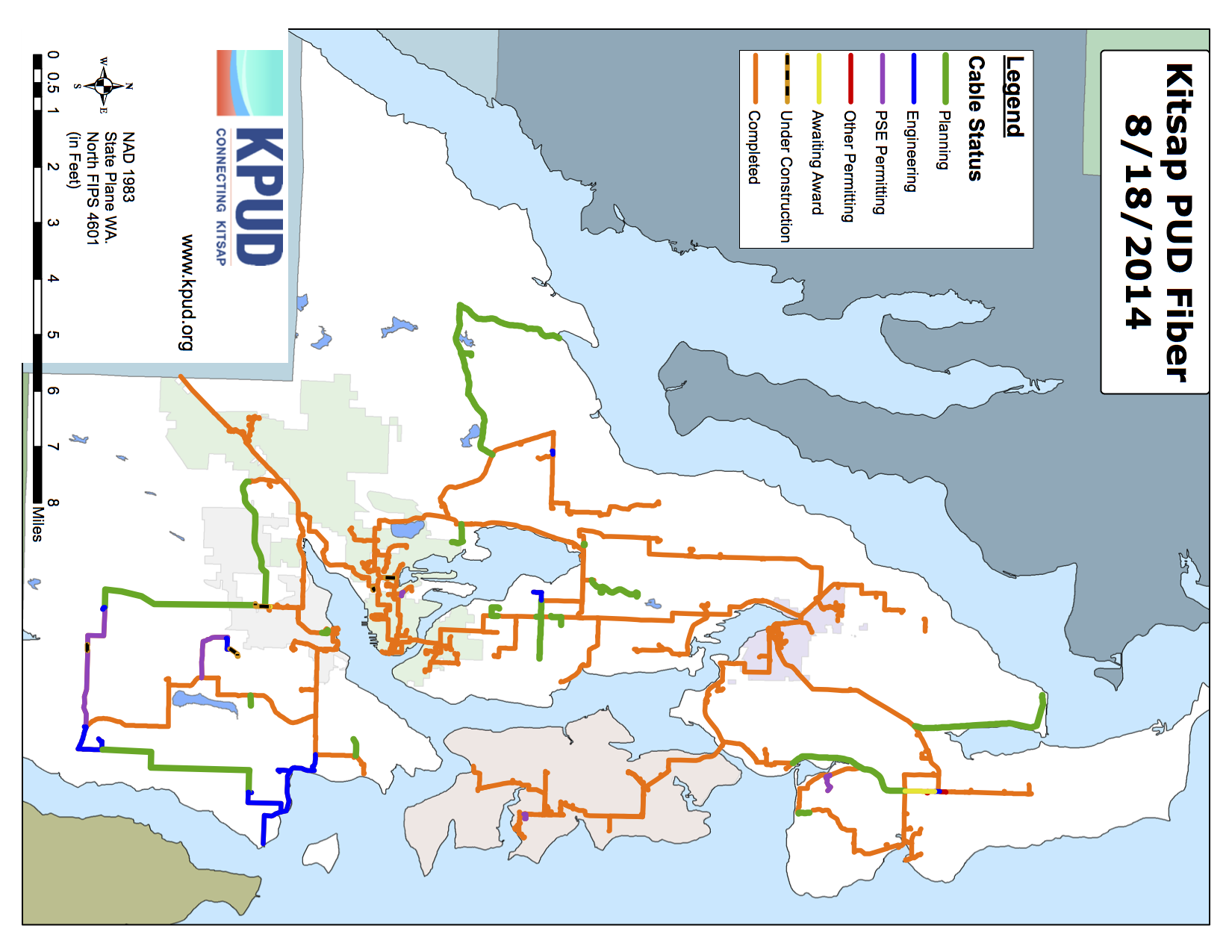
Washington Law Would Let Counties Sell Broadband Service When Comcast Won’t
Last year, we told you about Seth, who had recently relocated to Washington only to find out he might have to sell his new house because Comcast had lied to him about being able to provide the Internet connection he needs for his home office. And even though the county runs a high-speed fiber network not far from his property, current state law restricts consumers from buying access to that service. Recently proposed state legislation hopes to right that wrong and give counties the ability to serve residents when Comcast and others refuse to. [More]

FCC Chair: 39% Of Rural America Lacks Broadband Access
If you live in the city, it’s almost a certainty that your property can get high-speed Internet access from at least one company. But for rural America, it’s a different story, with nearly 4-in-10 people lacking access to fixed-line broadband service. [More]
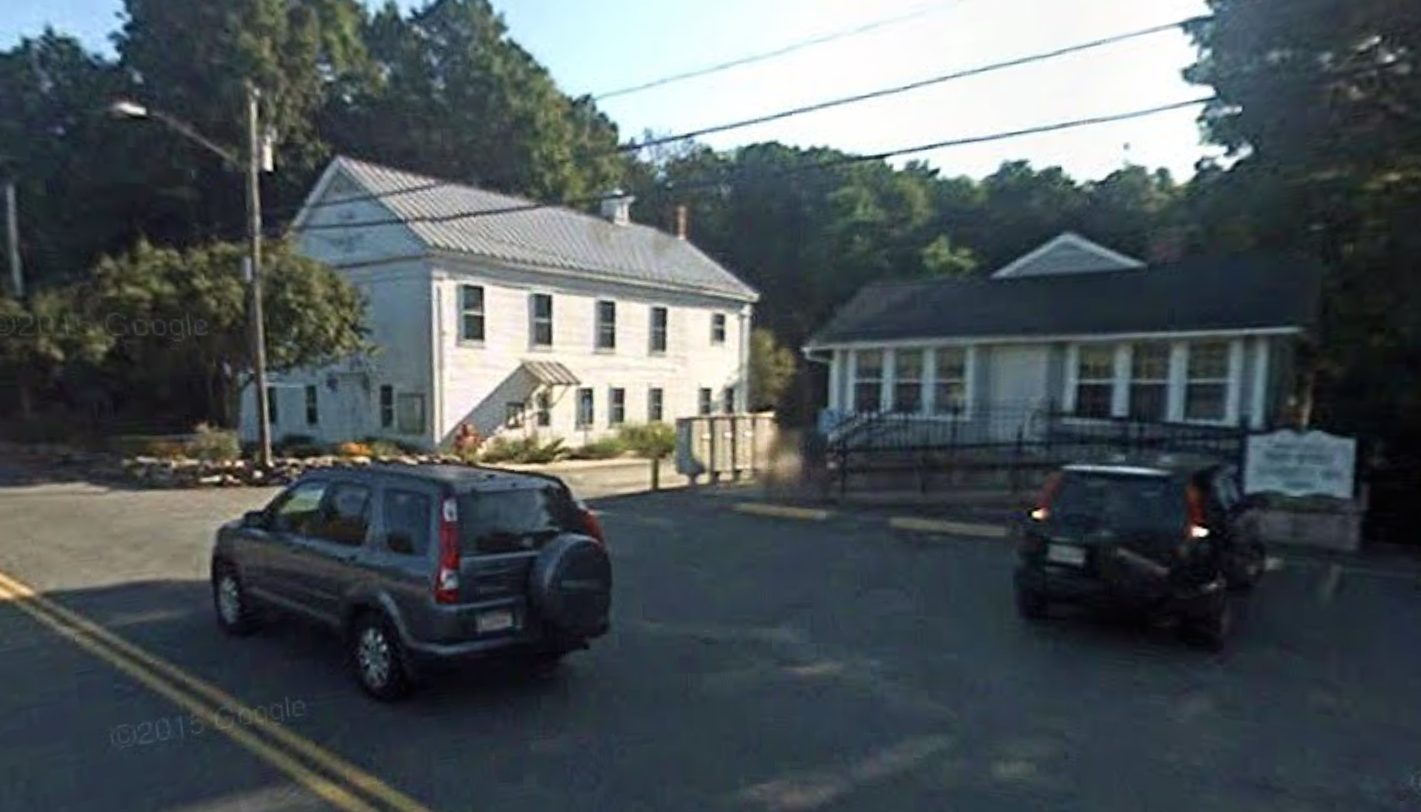
Small Massachusetts Town Offers Gigabit Internet For $75/Month
As Comcast rolls out its superfast 2 gigabit fiber service for $300/month — not to mention upwards of $1,000 in startup costs — yet another municipally owned broadband service is offering similar service for less money. [More]

Colorado Voters Toss Restrictive Laws, Vote In Favor Of Allowing Municipal Broadband
Publicly-owned broadband networks can be a great alternative to incumbent ISPs like Comcast and AT&T in towns where there’s no competition, or in areas that existing providers don’t want to serve at all. Incumbent ISPs tend to like their pervasive monopoly status, though, and so they support and bankroll protectionist laws that prohibit municipalities from launching their own networks. [More]

Cheaper, More Competitive Broadband: Not Gonna Happen Anytime Soon, Analyst Tells Congress
A committee in Congress yesterday held a hearing on promoting broadband infrastructure investment. That is, getting more wires put in the ground so more people can get online faster and more reliably. That’s a laudable goal that we here at Consumerist tend to cheer on. But one theme became clear from the testimonies of the assembled analysts, industry members, and local public companies who spoke: real improvement is going to be a long, ugly series of fights… and consumers are going to keep paying a lot more while it happens. [More]

North Carolina Sues FCC To Keep Limits On Municipal Broadband
It’s been a big year for North Carolina in terms of improving the Internet connections for many of its residents. Google Fiber will bring new options to multiple markets in the state, and the FCC acted against a state law that limits municipal broadband providers from expanding their services. But rather than acknowledge that maybe it shouldn’t let Time Warner Cable dictate state laws, North Carolina has sued the FCC. [More]



